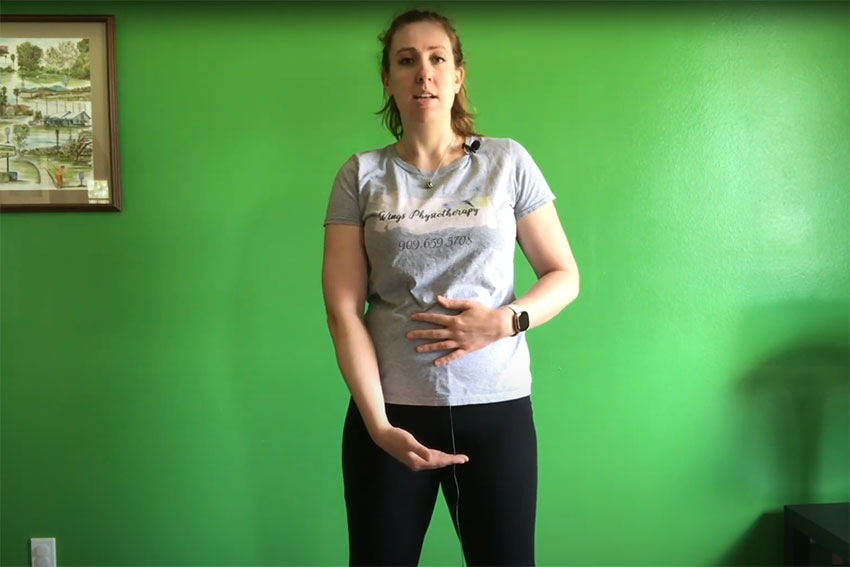

Pelvic Floor Therapy for Urinary Incontinence
Pelvic floor therapy is a specialized form of physical therapy aimed at strengthening and rehabilitating the pelvic floor muscles, which support the bladder, bowel, and uterus. Urinary incontinence, the involuntary leakage of urine, is a common issue that can be significantly improved through this therapy. By targeting the muscles that control urination, pelvic floor therapy can enhance their strength and endurance, reducing episodes of incontinence. This is particularly effective for stress incontinence, where leaks occur during activities like coughing, sneezing, or exercise.
During pelvic floor therapy, a trained physical therapist assesses the condition of the pelvic muscles and tailors exercises to the individual’s needs. These exercises often include kegel exercises, which involve tightening and holding the muscles that control urine flow. The therapist may also use biofeedback tools to help patients visualize these muscles’ movements, improving their awareness and control. This targeted approach not only helps in managing incontinence but also contributes to overall pelvic health.
Moreover, pelvic floor therapy often addresses the behavioral aspects of bladder management. Patients learn strategies to effectively time their bathroom visits, control urges, and progressively increase the bladder’s capacity to hold urine. This behavioral training is complemented by lifestyle advice, including dietary modifications and fluid management, which can play a critical role in alleviating symptoms of urinary incontinence.
Additionally, pelvic floor therapy provides a holistic approach to treating urinary incontinence by also considering the psychological impacts. Incontinence can lead to anxiety and embarrassment, reducing quality of life. By improving control over bladder function, therapy can boost confidence and decrease stress related to incontinence episodes. This comprehensive management not only improves physical symptoms but also enhances mental well-being, offering a profound and positive impact on overall health.
